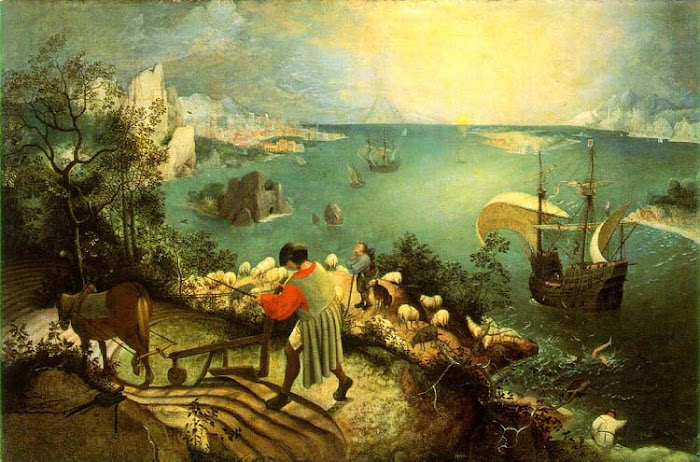
Well, as time passes by, who could really notice that it is already Week 14! So many things has been done, now, it is just the moment to take our last finale that is the FINAL EXAMS! Hopefully this semester will bring lots of luck and we are able to raise our CGPA more. Lord help us!
The last 4 entries were my summaries on the short stories I did, of course for my research paper. As instructed by Pn. Ju, I did 4 short stories and the title was "ANALYZING THE MAIN CHARACTERS IN FOUR DIFFERENT SHORT STORIES WRITTEN BY FOUR FEMALE AUTHORS." The approaches that I used to analyze the short stories were psychoanalysis (Freudian's approach), postmodernism, women in writing and feminism. It was truly challenging for me to actually do the last touch for the research paper. But finally, it was all done. Syukran (I'm grateful, in Arabic)
I will be sending my research paper along with my blog printed nicely to Dr. Edwin in his class tomorrow. Hopefully if there's anything needed to be cleared, he will able to tell me or perhaps, just get on with my paper.
Till then, farewell my EDU3234 blog page. If I got time, then I'll be revisiting the page again.
Thank you Dr. Edwin for giving us precious chance to use this medium for us to expand the knowledge of how to use the latest technology. May we will able to adapt what you've taught us along this 4 years. May all of my fellow course mates and my beloved lecturers and tutors lead their fantastic life in this coming years, Amin.




